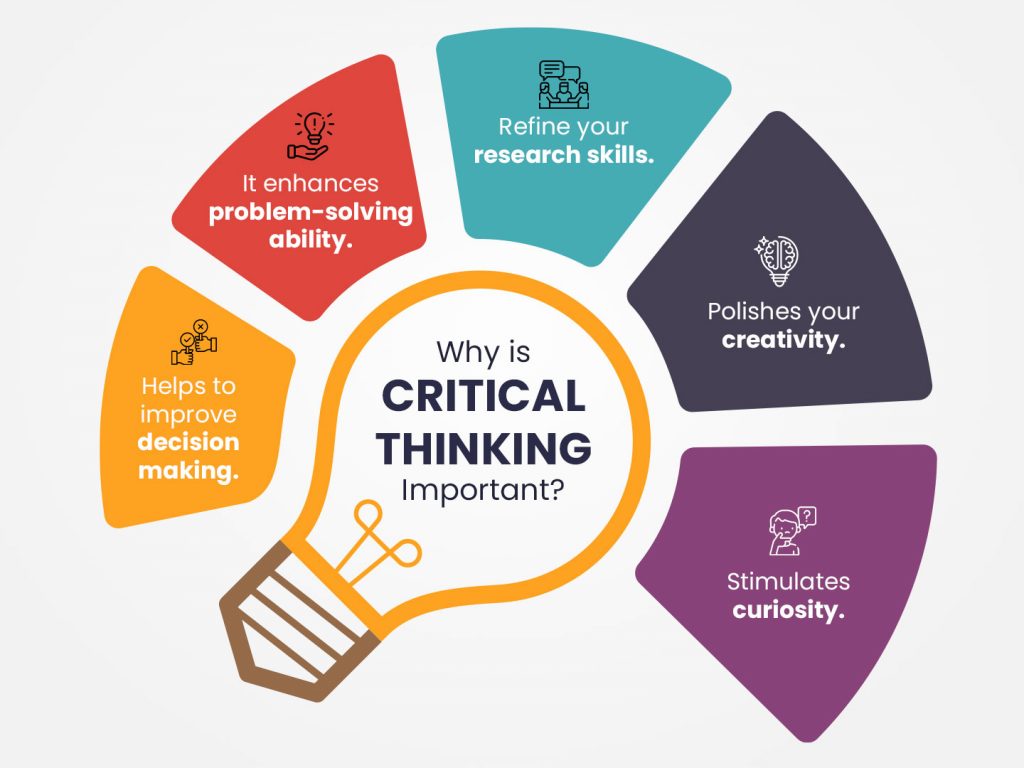Explore & Expand
Unlocking Critical Thinking: 3 Decisive Questions
Critical thinking is not just a skill; it’s an expansive mindset. In both educational settings and daily life, the significance of critical thinking cannot be overstated. In this article, we will explore and apply critical thinking by deciphering this concept, as well as practicing three specific methods. This journey aims not only to foster lifelong learning but also to cultivate a perceptive mind in every situation.
1. The Issue of Critical Thinking in Education:
While education plays a crucial role in shaping critical thinking, many traditional education systems still fail to encourage students to question and critique. The painful reality is that students often become mere recipients of information without actively seeking understanding or applying independent thinking in real-world situations.

2. Consequences of a Lack of Critical Thinking:
The deficiency in critical thinking is not confined to education; it also impacts one’s ability to work and innovate in daily life. Merely absorbing information without actively seeking profound understanding limits the quality of work and career prospects.

3. Definition of Critical Thinking:
Critical thinking is more than just asking questions. It is an ongoing process of posing problems, seeking clarity, and understanding the rationale behind each piece of information. Critical thinking demands the critique of information and the ability to process it pragmatically, without embellishments.

4. 3 Ways to Pose Critical Questions:

A. Utilizing Personal Knowledge and Skills:
Critical thinking can be developed by applying personal knowledge and skills. For instance, when reading a finance article, questions can be raised based on one’s understanding of finance.
B. Applying Personal Experiences:
Personal experiences are a valuable resource for posing critical questions. For example, in a marketing lecture advocating SEO, one could question the lecturer based on personal experiences working for a content creator.
C. Curiosity as a Driving Force:
Curiosity is a powerful motivator for critical thinking. If lacking expertise or experience, questions can still be posed based on curiosity, leading to interesting and insightful inquiries.
5. Critical Thinking in Everyday Life:
Critical thinking is not only crucial in educational settings but is also key to success in daily life. Without this skill, individuals may easily believe information without questioning or evaluating, paving the way for deception and lack of transparency.

Conclusion – Critical Thinking: A Companion to Development:
Critical thinking not only enhances our understanding of the world but also propels us toward becoming lifelong learners. It is hoped that emphasizing critical thinking will become integral to both educational environments and daily life. For a dynamic and innovative future, critical thinking serves as the beacon guiding us forward.


